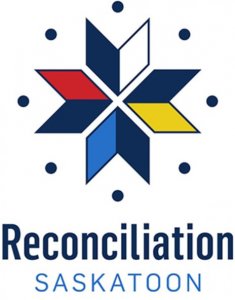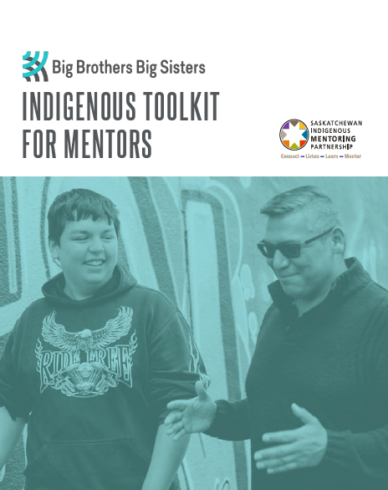Reconciliation within BBBS Saskatoon

1. Reconciliation Commitment
Big Brothers Big Sisters of Saskatoon takes Reconciliation within our organization very seriously. We are committed to a path of on-going reconciliation between Indigenous and non-Indigenous peoples, based on mutually respectful relationships within two core commitments of the 94 Truth and Reconciliation Commission Calls to Action. These commitments serve as a framework for our organizations action as we move forward toward reconciliation.
Our responsibility to the Calls to Action is based on the following:
CALL TO ACTION #7:
We call upon [Big Brothers Big Sisters of Saskatoon] to develop alongside Aboriginal groups, a joint strategy to eliminate educational and employment gaps between Aboriginal and non-Aboriginal Canadians.
CALL TO ACTION #92:
We call upon [Big Brothers Big Sisters of Saskatoon] to adopt the United Nations Declaration on the Rights of Indigenous Peoples, as a reconciliation framework and to apply its principles, norms, and standards, to corporate policy and core operational activities involving Indigenous peoples and their lands and resources.
2. What are we doing at BBBS Saskatoon?
Big Brothers Big Sisters has had great success within the last year within their Reconciliation efforts and integration and Indigenization of our organization. In a short glimpse we have:
Our responsibility to the Calls to Action is based on the following:
Community Engagement:
Committees Roles: We are active participants within Reconciliation Saskatoon, YXE Youth Speaks, Smart Cities Challenge, and other committees that are aimed at creating better outcomes for Indigenous youth in our city.
Community Engagement: We believe that we need to be interactive in our Saskatoon community and have attended many events in the community like National Indigenous Peoples Day, Rock You Roots, workshops on Indigenous Peoples history, culture, and worldviews, Career Fairs, and other important events.
Office:
Office: We have worked hard to ensure that Indigenous voices are at all level of our organization from Board Member to volunteers within our programs.
Training: We believe it is important to help our staff on their learning journey so we have embedded Aboriginal Awareness training for all staff and yearly professional development that helps our staff to better understand the shared history of this land.
Programming:
-Integration within all our programs: With the guidance of Elders, we have increased our cultural programming to be more reflective of the youth we serve with cultural programming seasonal, integration and creation of Indigenous materials for activities, and partnership with other community partners to host events.
-Shared Journey Reconciliation Program: Shared Journey was created in response to the Truth and Reconciliation Calls to Action and is aimed at creating agency within the youth and mentors life to action reconciliation. The structure of the program is a mentor-lead, ten-week program that incorporates fun, educational games & activities designed to stimulate self-reflection and group discussion on the theme of reconciliation and history of Indigenous people. Each session is 1.5 hours in length and is held after school or during lunch break, primarily within school facilities.
Communication:
Print Material: As a non-Indigenous organization working with many communities, including Indigenous communities, and has a high rate of Indigenous youth in our programming and low Indigenous mentors, we embarked on a journey on how best to equip mentors in our programs. The process included meetings, dialogues, Elders, surveys, community members, Indigenous and non-Indigenous organizations, and teachings. This process was very important as it helped us to learn and grow as an organization and future mentors. Read here: BBBS-Indigenous-Toolkit-Saskatoon
Acknowledgement: We recognize that we are on Treaty 6 territory and the Métis homeland within our email signatures, events, meetings, and within our physical presence in our offices.
4. Indigenous Toolkit
We created a toolkit to help us grow in our Reconciliation Journey and we hope that this helps you in your learning journey as well.
- What is Reconciliation?
- History of Indigenous Peoples in Saskatchewan.
- Creating space for youth
- FAQ from Mentors in our Program
- Calendar of Important Dates in the Indigenous community.
- Local Events in Saskatoon.

2. Learn more on Reconciliation
What is Reconciliation?
-
-
-
- http://www.cbc.ca/news/indigenous/what-does-reconciliation-mean-mb-1.3803617
- http://www.united-church.ca/social-action/justice-initiatives/reconciliation-and-indigenous-justice
- https://www.aadnc-aandc.gc.ca/eng/1400782178444/1400782270488
- http://www.cbc.ca/radio/asithappens/as-it-happens-tuesday-edition-1.3096950/reconciliation-is-not-an-aboriginal-problem-it-is-a-canadian-problem-it-involves-all-of-us-1.3097253
- http://reconciliationcanada.ca/staging/wp-content/uploads/2017/05/NationalNarrativeReport-ReconciliationCanada-ReleasedMay2017_3.pdf
- https://www.youtube.com/watch?v=-Rg-Wytsa_s
- https://ricochet.media/en/844/10-principles-for-truth-and-reconciliation
- https://newsinteractives.cbc.ca/longform-single/beyond-94?&cta=1
- https://www.un.org/esa/socdev/unpfii/documents/DRIPS_en.pdf
-
-
What are our Calls to Action?



